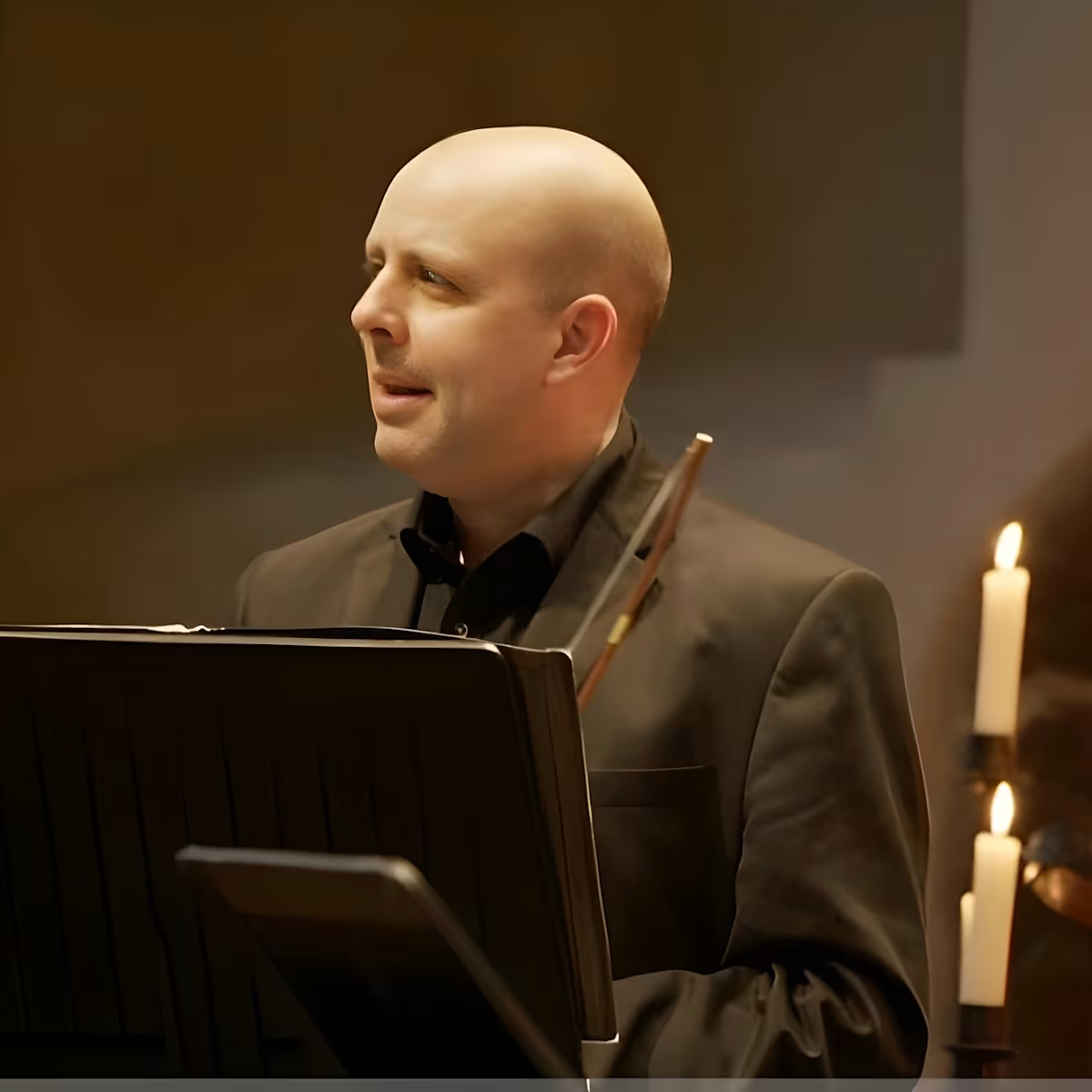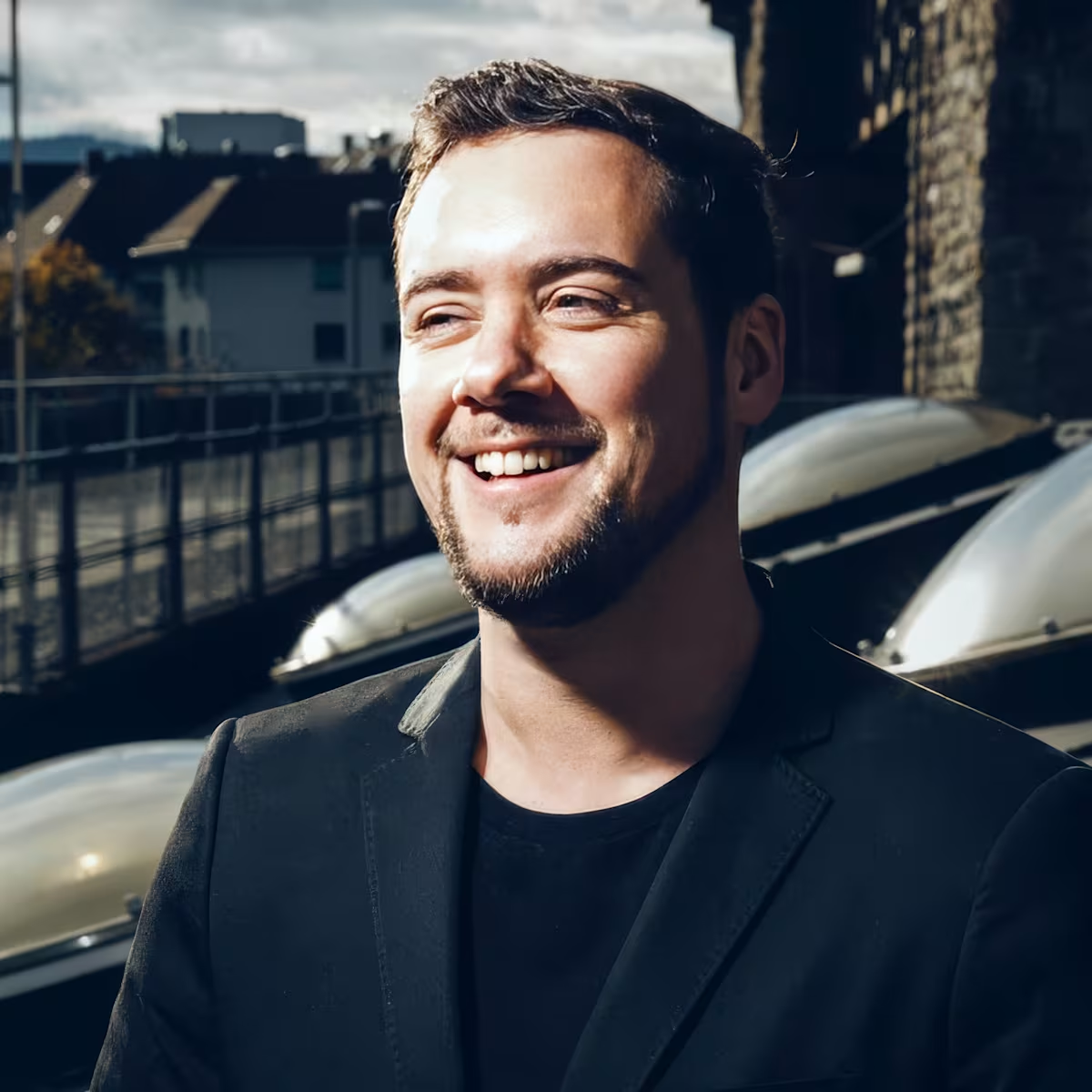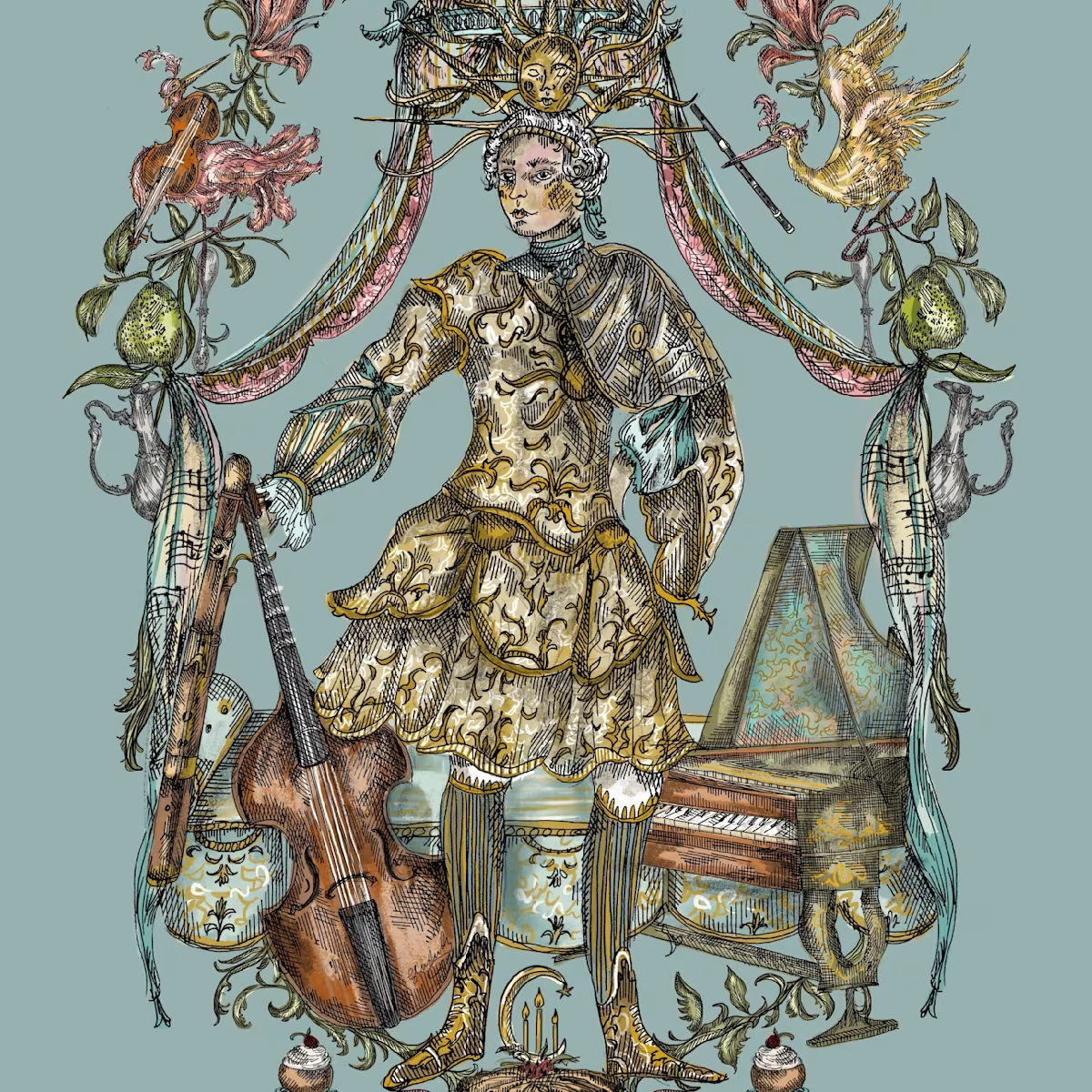Spotlight
In conversation: Carina Drury
Continuo Connect meets the cellist and founder of Irlandiani
Share this

Carina Drury has had a lifelong love for music and her playing has been described by BBC Radio 3 as ‘singing across the centuries’. A chamber musician at heart, Carina is a founding member of Ensemble Augelletti, the BBC Radio 3 New Generation Baroque Ensemble 2023-2025. She has toured as guest principal cellist with the European Baroque Orchestra, Irish Baroque Orchestra, Dunedin Consort and Australian Baroque. With her own ensemble, Irlandiani, Carina explores Italian and Irish connections in the 18th century using historical and traditional instruments. Their recordings have been featured on national radio in the UK, Ireland and Germany and they have toured the programmes around the UK and Ireland.
What non-musical hobbies or interests do you have?
I love baking cakes! I’ve always loved baking (and eating) cakes and it’s the first thing I do when I get time off and need to switch off and relax. I’ve also taken up running in recent years and I really enjoy finding the time to go for a short run when I’m away on tour. It’s a great way to get to know a new city and clear your mind.
What is it that you most dislike?
Unfairness. If a situation seems unavoidably unfair, I try to speak up and change things when it’s within my control.
Would you like to put the spotlight on a teacher, a mentor or an ensemble that has had a significant influence on your journey so far?
I would like to put a spotlight on my first cello teacher Nora Gilleece who set me up so well with a good technique from the beginning. She was a wonderful pedagogue at the Royal Irish Academy of Music in Dublin and she taught a number of Irish cellists whom I still work with now.
How has classical music influenced your life outside of performing?
Without a doubt it has influenced my life hugely. I love many genres of music, and music in general is a lifeline for me - I can’t imagine a world without it. Classical music as a career can be a bit all consuming and I’ve had to make a concerted effort to focus on life outside of performing for the sake of balance and mental well-being! However it’s a huge privilege to have a career that you care about and to have the drive, discipline and detail-focus that comes with classical music.
Describe a particularly challenging or rewarding moment in your musical journey.
Releasing my first album Irlandiani was very rewarding. I got to work with some incredibly talented friends and I was just so happy to have created something that we were proud of. We released it in lockdown so we had an online launch party with family and friends, and we all raised a toast!

As founder of Irlandiani, what do you enjoy most about your role, and how do you overcome any challenges?
I really love the creative process of putting a programme together and finding multi-disciplinary ways to share the story. I’ve loved working with artist Matthew Robins for our album covers and artwork. Challenges are usually budget and time related...as classical musicians we often have to work on a very tight timeframe and it’s easy to be overambitious. I try to keep things simple where possible, to balance finding new music with pieces that we already know well.
Irlandiani is a collective of historical and traditional instrumentalists. What is it that is special about this combination for you?
I think this combination is so special! I started the concept with my friend Eimear McGeown who is an incredible Irish flute player. We quickly realised that the gut strings work so well with the mellow wooden tone of the Irish flute. Since then I’ve experimented with the Irish harp, fiddle, vocals, tin whistle and percussion in various live gigs. Traditional and historical instruments are both firmly rooted in the past so the sound world works really well in my opinion.
Last year you released your second album with Irlandiani which focussed on the vibrant musical life of 18th century Dublin at the Smock Alley Theatre. Could you share with us any special moments in the realisation of this project?
We launched the album with a small tour, supported by Continuo Foundation, and I managed to bring the programme to my own neighbourhood in Worthing, which was really special. I often have to commute into London for concerts and it felt amazing to be able to reach out to neighbours and tell them that I was playing a local gig! Making the connections with the venue and crew was great and it was lovely to discover the arts scene that way already on my doorstep.
With Irlandiani you explore 18th century Italian and Irish musical connections and recreate this cross-genre musical exchange in your performances and arrangements. Can you tell us more?
In the 18th century lots of performers were composing and arranging music, and there was greater freedom in the way that the music was arranged. I wanted to reclaim a bit of that liberty in how we work nowadays. We’ve made some arrangements of Irish tunes that we found in 18th century manuscript sources and I wanted us to feel free to arrange them how we thought they sounded best, without stylistic constraint.
Who is your favourite composer, and why?
Impossible to choose one but if it has to be one, it has to be Bach! His music is so impossibly beautiful.
Irlandiani's second album Smock Alley was supported by a grant from Continuo Foundation. Available to stream via Spotify, or to buy at First Hand Records.
Share this
Keep reading

In conversation: Oliver Webber
Continuo Connect meets Oliver Webber, a violinist specialising in period performance and founder of the Monteverdi String Band.

Darren Hargan and Le Foyer des Artistes
Darren Hargan’s Le Foyer des Artistes brings world-class music to Derry, fusing ancient culture, community spirit and international artistry.

The King's Playlist
Ensemble Molière present their debut album, ‘The King’s Playlist’, a musical day in the life of King Louis XIV.




